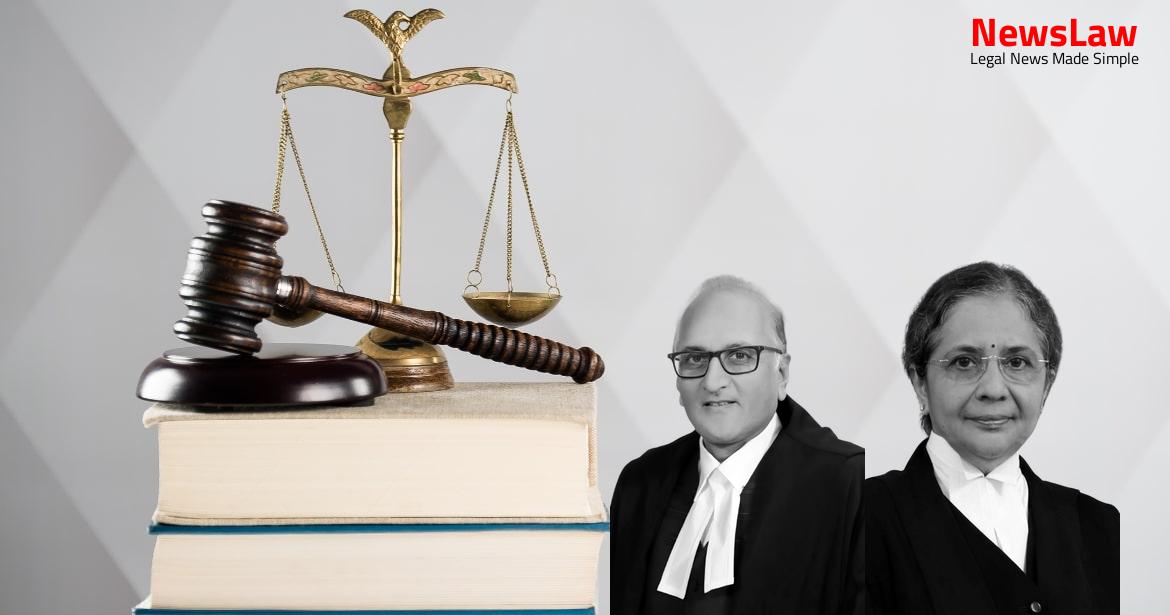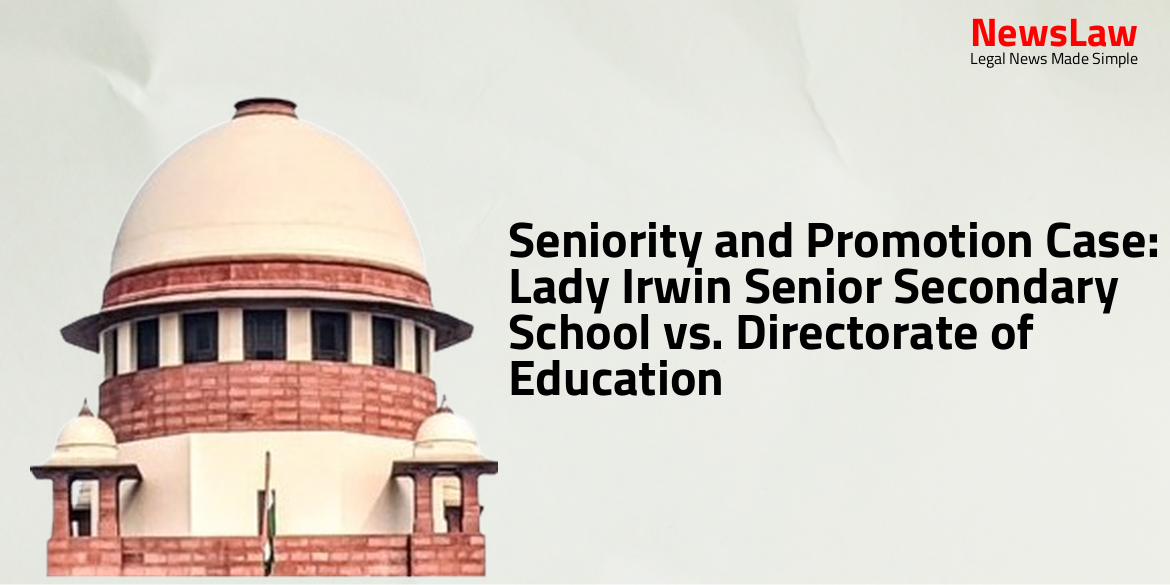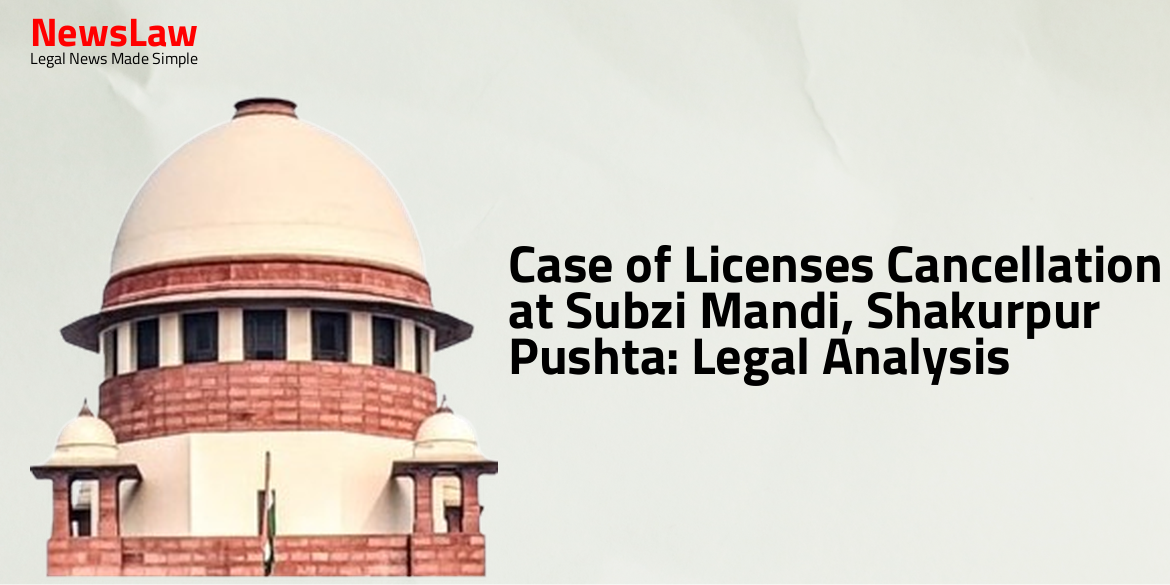In a significant legal case, the Supreme Court is considering the delicate balance between development imperatives and environmental conservation. The case underscores the need for a thoughtful legal analysis that aligns with India’s commitment to sustainable growth and conservation principles. Stay informed on how the court navigates this complex issue impacting both human development concerns and the right to a clean environment.
Analysis
- The State of West Bengal had filed an application before the Supreme Court seeking permission to fell trees in order to construct Road Over Bridges (ROBs) and widen the roads.
- The contention of the State was that the project was crucial for decongesting traffic and ensuring smooth movement of vehicles.
- The Court noted that the issue involved a balance between environmental concerns and the developmental needs of the State.
- The State assured the Court that it would plant five times the number of trees that were proposed to be felled, as part of compensatory afforestation.
- After considering the submissions made by both parties, the Court reserved the judgment on the application.
- ROBs (Road Over Bridges) can only be constructed after felling several trees, some of which are up to 150 years old.
- Conservation of nature should be seen as part of development and not as an obstacle to development, especially in the context of climate change.
- India is committed to sustainable development and growth through various international treaties and agreements.
- Accidents necessitate the construction of ROBs to prevent them, which is a human development concern raised by the State of West Bengal.
- Compensatory afforestation may not replace the ‘historical trees’ that have been felled, as they hold irreplaceable value.
- The right to a clean and healthy environment is a fundamental right under Article 21 of the Constitution of India.
- India’s legal framework and policies emphasize the importance of sustainable development and conservation.
- India’s National Action Plan on Climate Change aims to increase tree cover from 23% to 33%, and under the Paris Agreement, the country has committed to creating additional carbon sinks through forests and tree cover by 2030.
- An expert committee has been constituted to address the issue of tree felling for developmental projects, focusing on scientific and policy guidelines, compensation calculation, and compensatory afforestation.
- The assessment of the economic value of a tree being felled should consider not just its timber value, but also its environmental benefits and ecosystem services.
Also Read: Electoral Malpractices in Mayor Election
Decision
- The Union of India is directed to provide all administrative facilities to the Committee, including office space, secretarial assistance, and other infrastructure.
- The Union of India is also directed to provide all necessary information and statistics for the Committee’s deliberations.
- The Registry is to send a copy of paperbooks and records to Sri. K Parameshwar.
- Any other issue incidental to the objectives is to be addressed.
- The Committee is directed to submit its recommendations within four weeks of its first meeting.
- The Committee may consider the need for a permanent expert body and its proposed structural form.
Also Read: Balancing Power and Transparency: Electoral Bonds Struck Down, Disclosure Mandated
Case Title: CHANDRABHAL SINGH Vs. UNION OF INDIA (2021 INSC 214)
Case Number: W.P.(C) No.-001284 / 2020



